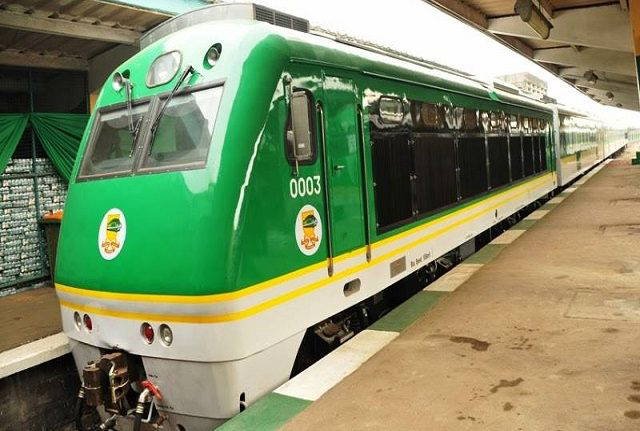The Federal Government of Nigeria has officially commenced the long-awaited reconstruction of the Eastern Rail Line corridor, a major step towards revitalizing the country’s railway infrastructure and boosting regional economic development. The Nigerian Railway Corporation (NRC) confirmed the groundbreaking initiative on Tuesday, describing it as a “strategic national investment.”
The Eastern Rail Line, which stretches from Port Harcourt in Rivers State to Maiduguri in Borno State, has been dormant for years due to neglect, vandalism, and lack of maintenance. Its rehabilitation is part of the FG’s broader transportation infrastructure upgrade, aimed at promoting inter-regional connectivity, easing the movement of goods and people, and stimulating growth in agriculture, trade, and industry.
Speaking during a flag-off ceremony at the Port Harcourt Railway Terminal, NRC Managing Director, Fidet Okhiria, said the reconstruction will be carried out in phases, with initial focus on the Port Harcourt–Enugu section. According to him, the corridor, once fully operational, will support both passenger and freight services, helping to decongest Nigeria’s road networks and reduce transport costs.
>We are committed to delivering a modern, efficient, and safe rail system. This corridor will serve as a vital link between the South-South, South-East, North-Central, and North-East regions,” Okhiria stated.
The Eastern rail project is being executed through a Public-Private Partnership (PPP) model, with technical support from Chinese contractors and funding drawn from a mix of government allocations and international loans. The standard gauge rail line will replace the existing narrow gauge, and is expected to feature modern stations, communication systems, and improved security infrastructure.
Local communities along the corridor have welcomed the development, expressing optimism about job creation and improved local commerce. Mrs. Adaobi Nnaji, a businesswoman in Aba, described the project as “a long-overdue blessing for traders and manufacturers in the East.”
>Transporting goods from Port Harcourt to the North by road has been a nightmare. This rail line will change everything for us,” she said.
However, some civil society groups have urged the government to ensure transparency in contract execution and to minimize displacement of communities during construction.
The FG has assured Nigerians that lessons learned from delays in previous railway projects, such as the Lagos–Ibadan and Abuja–Kaduna lines, will guide the execution of the Eastern corridor.
The reconstruction is projected to be completed in stages over the next 24 to 36 months.
Follow us on all social media platforms @dailyquery for news and analyses around the globe.



























